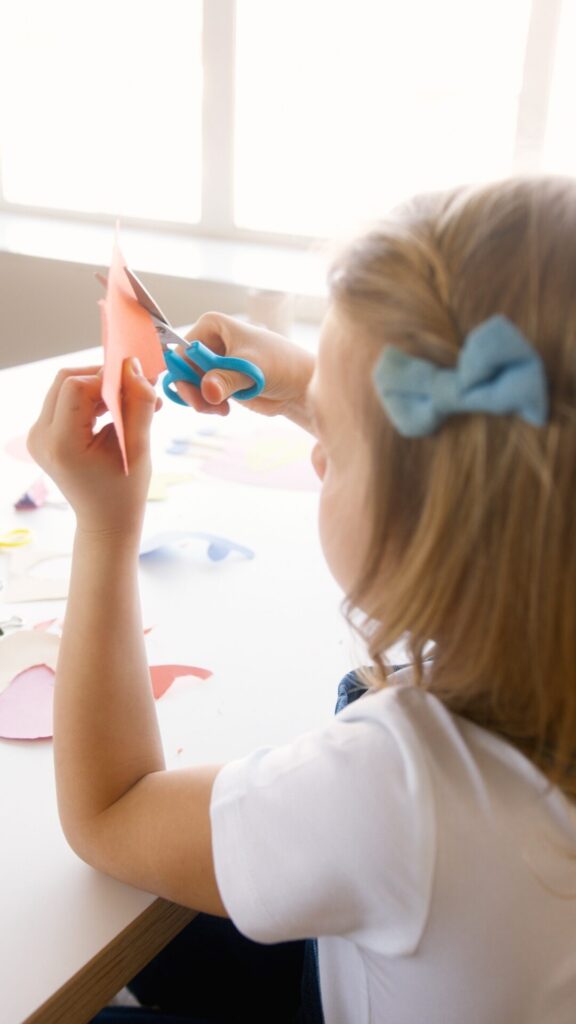Dyspraxia
Dyspraxia occurs when any step in the sequence of praxis is poorly developed. Praxis consists of three steps, ideation, motor planning, and execution. Ideation refers to the creation of an idea that a child would like to accomplish, motor planning refers to the cognitive sequencing of the steps necessary to complete their idea, and execution refers to the physical ability to complete the necessary motor sequence. The disruption of skill in any of these steps leads to a dysfunction of praxis, dyspraxia. Many children diagnosed with apraxia of speech display signs of dyspraxia, while more than half of children with dyslexia also meet the criteria for a dyspraxia diagnosis. Children with dyspraxia often appear clumsy or uncoordinated, struggle to efficiently sequence through basic daily routines, such as dressing, and may appear extremely hesitant when approaching playground equipment or group activities and sports. They often have difficulty learning what seems to come naturally to others, such as riding a bike or swimming, despite repeated practice and the desire to learn. Some children who received occupational therapy early in childhood for difficulty with praxis are discharged once they display independence in basic academic areas, such as scissor use or handwriting. These children often continue to struggle, but never fall far enough below average to resume educational therapy. While they were taught specific praxis skills, they were not taught the overall skill of praxis. This often becomes apparent when the work expectations of school increase, requiring the use of standard lined paper and efficient handwriting speed. If unaddressed, dyspraxia can lead to problems beyond motor coordination, resulting in difficulty with concentration, using classroom tools, completing classroom writing/math assignments, avoiding challenging tasks, displaying poor frustration tolerance, and having trouble navigating social relationships. An occupational therapy evaluation will pinpoint the areas of challenge for children with dyspraxia, allowing for a therapy program that provides a child with a just-right challenge to build praxis skill.

